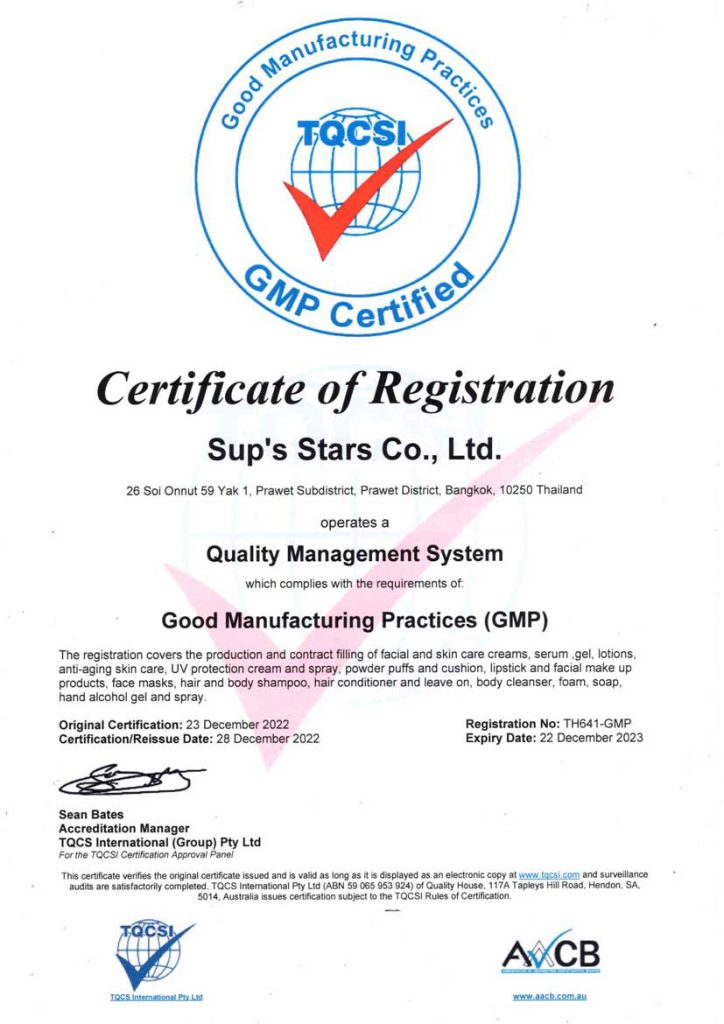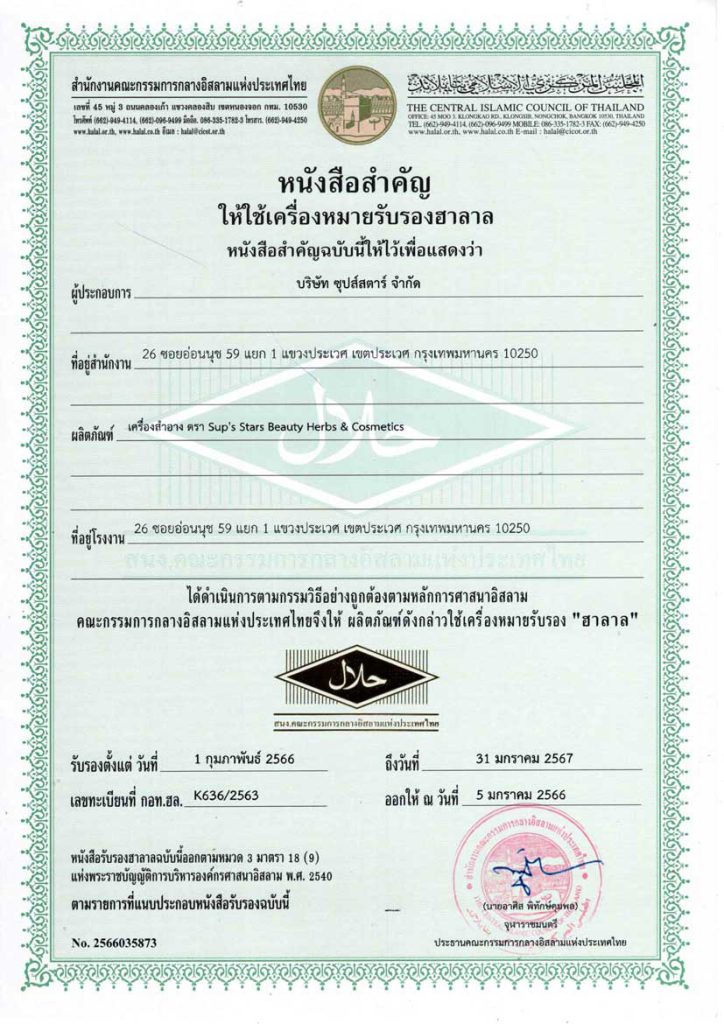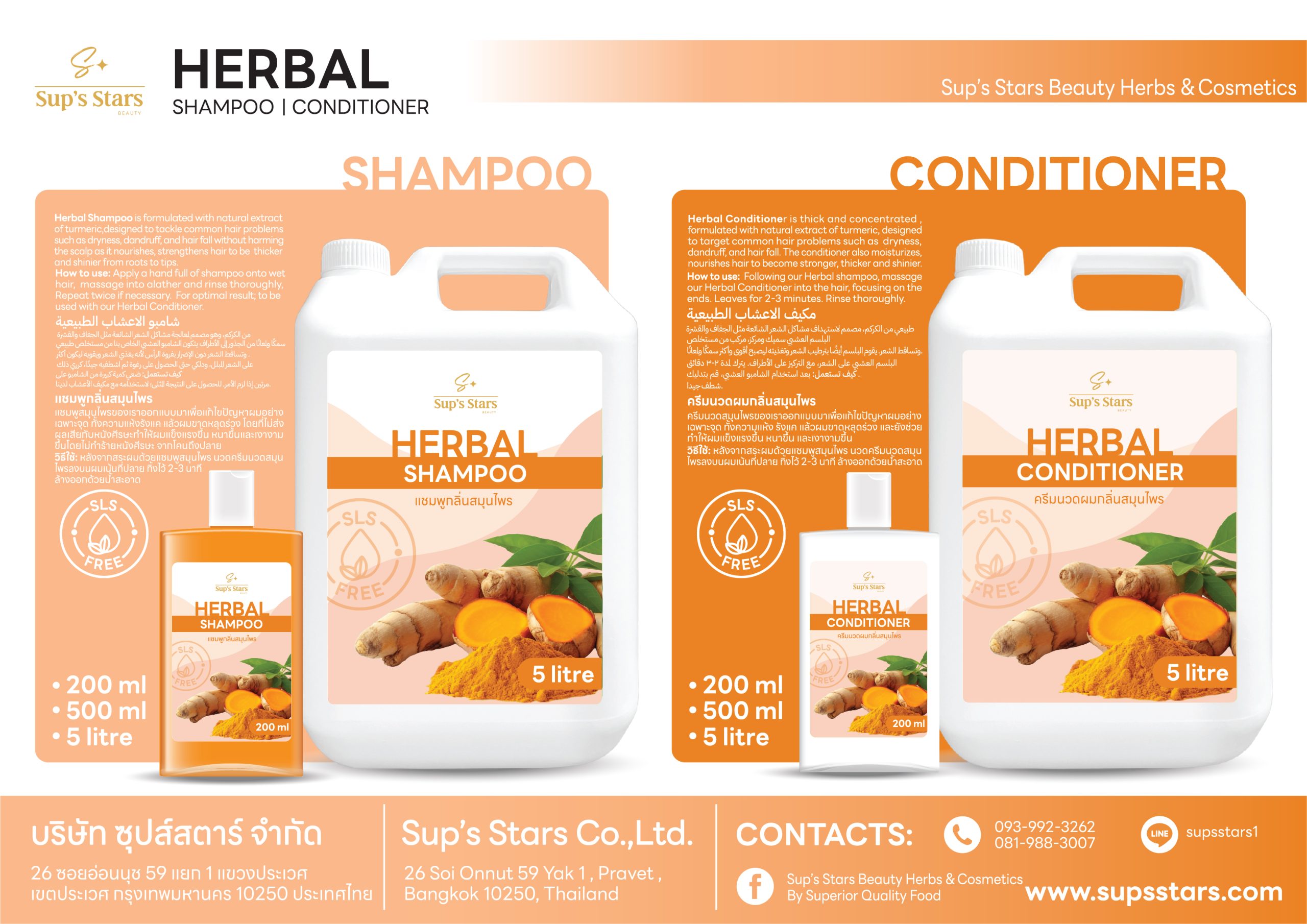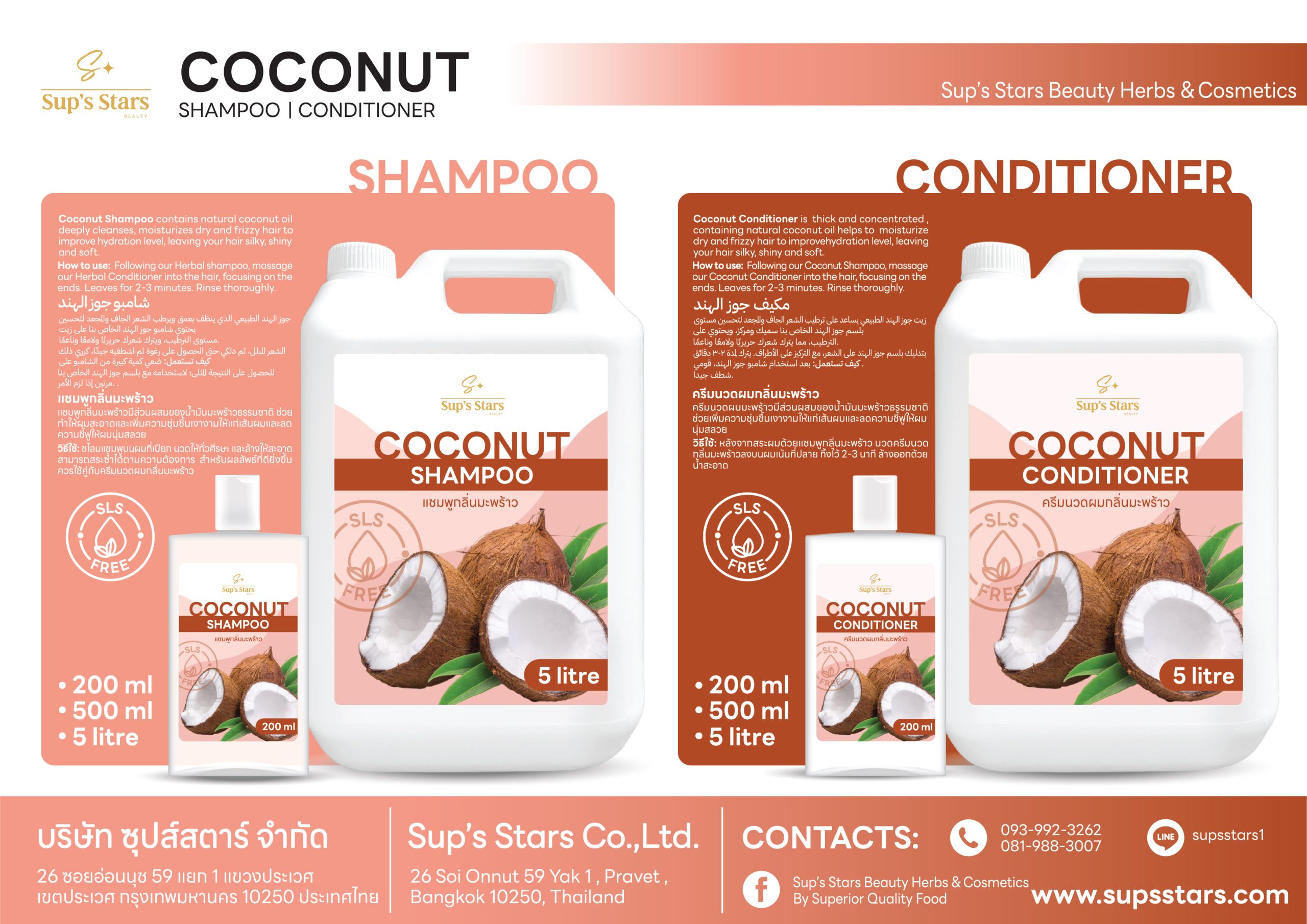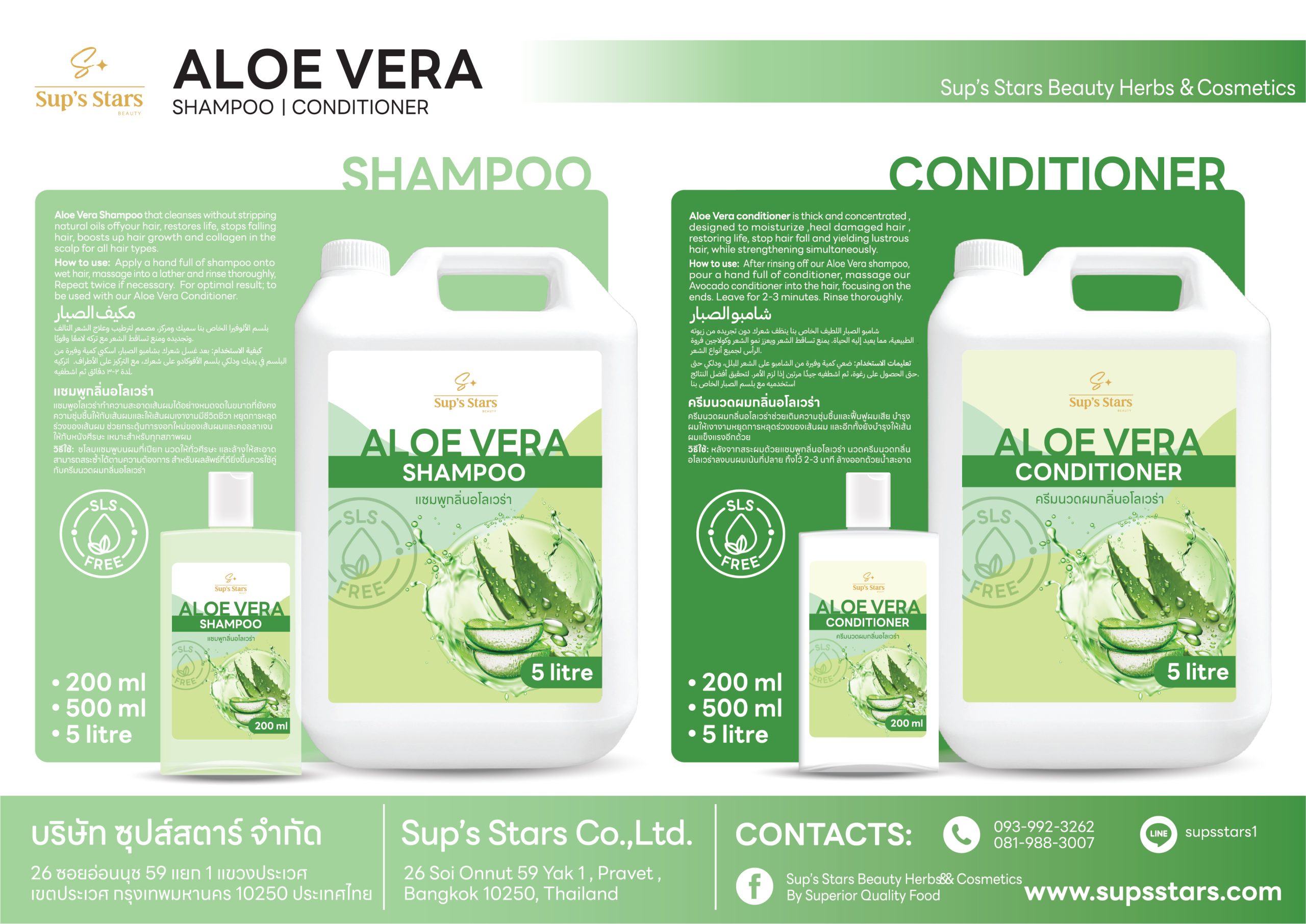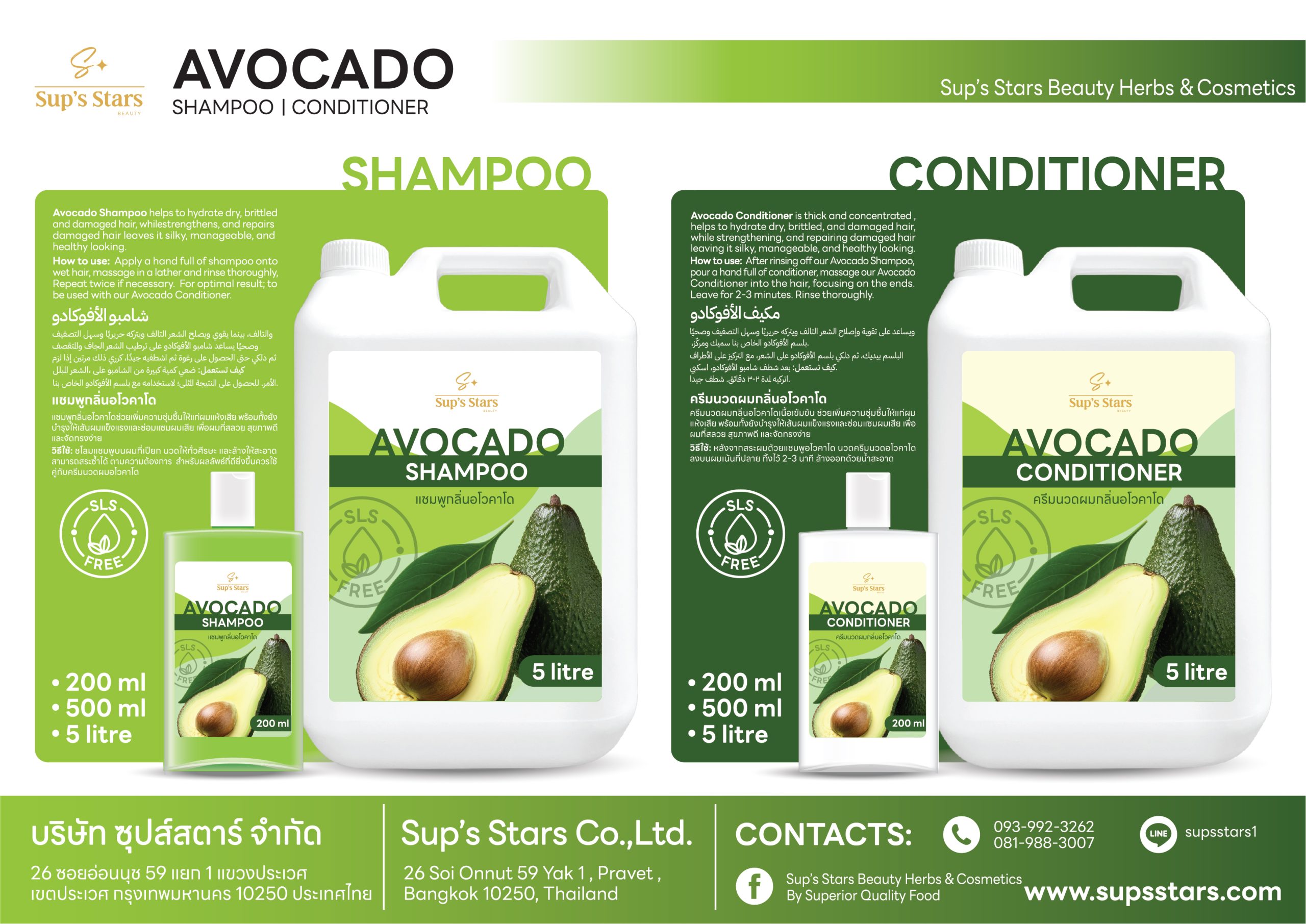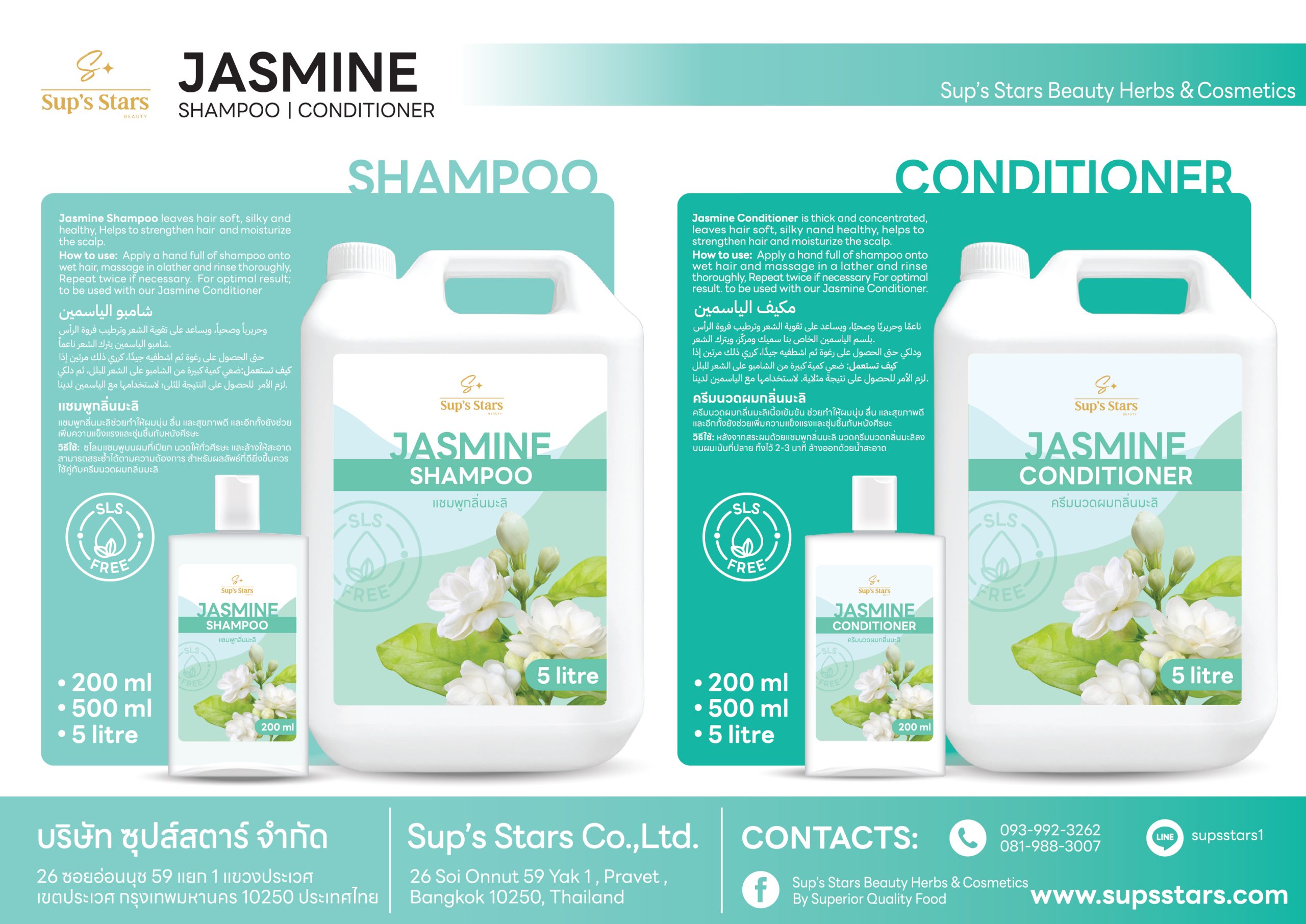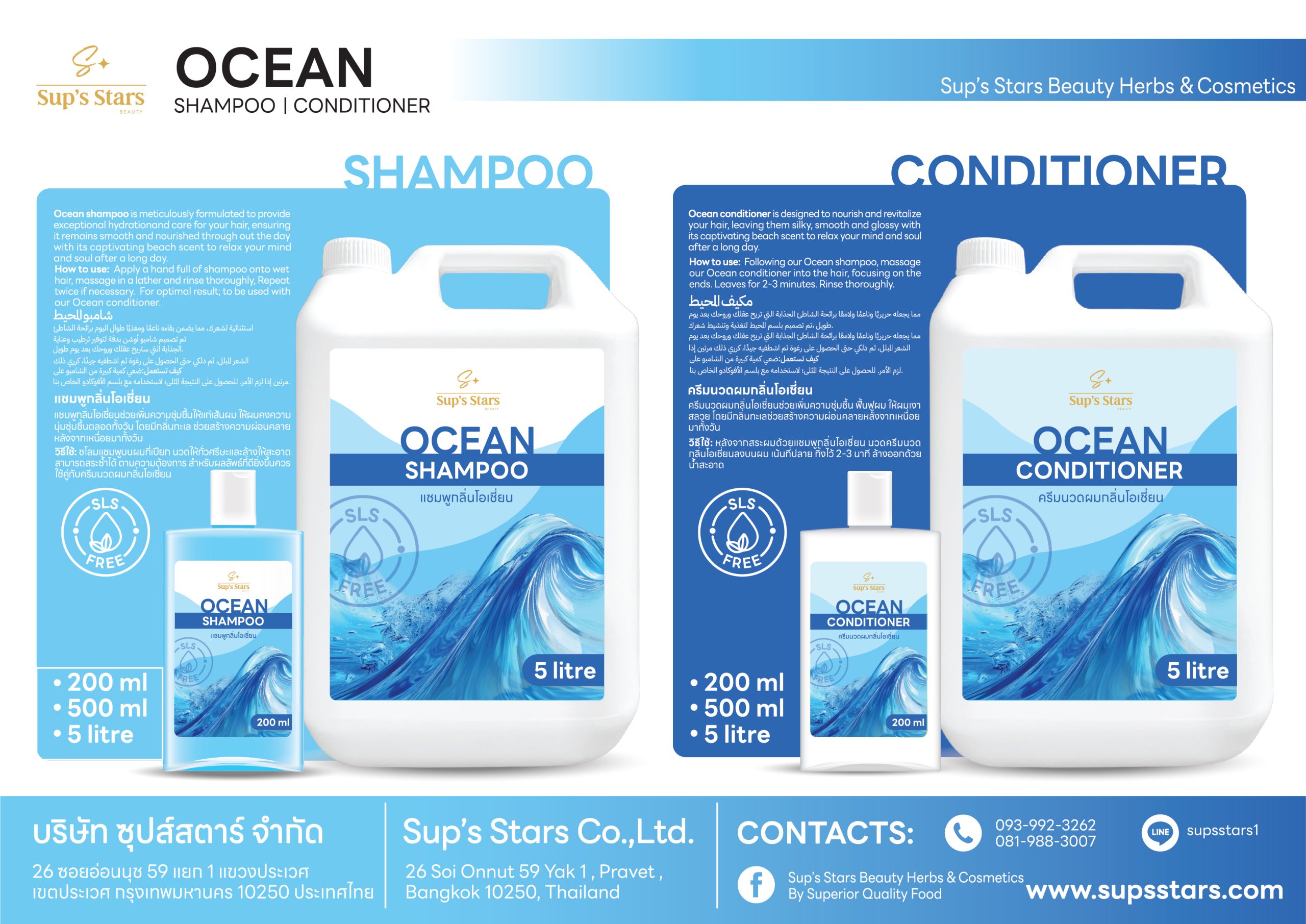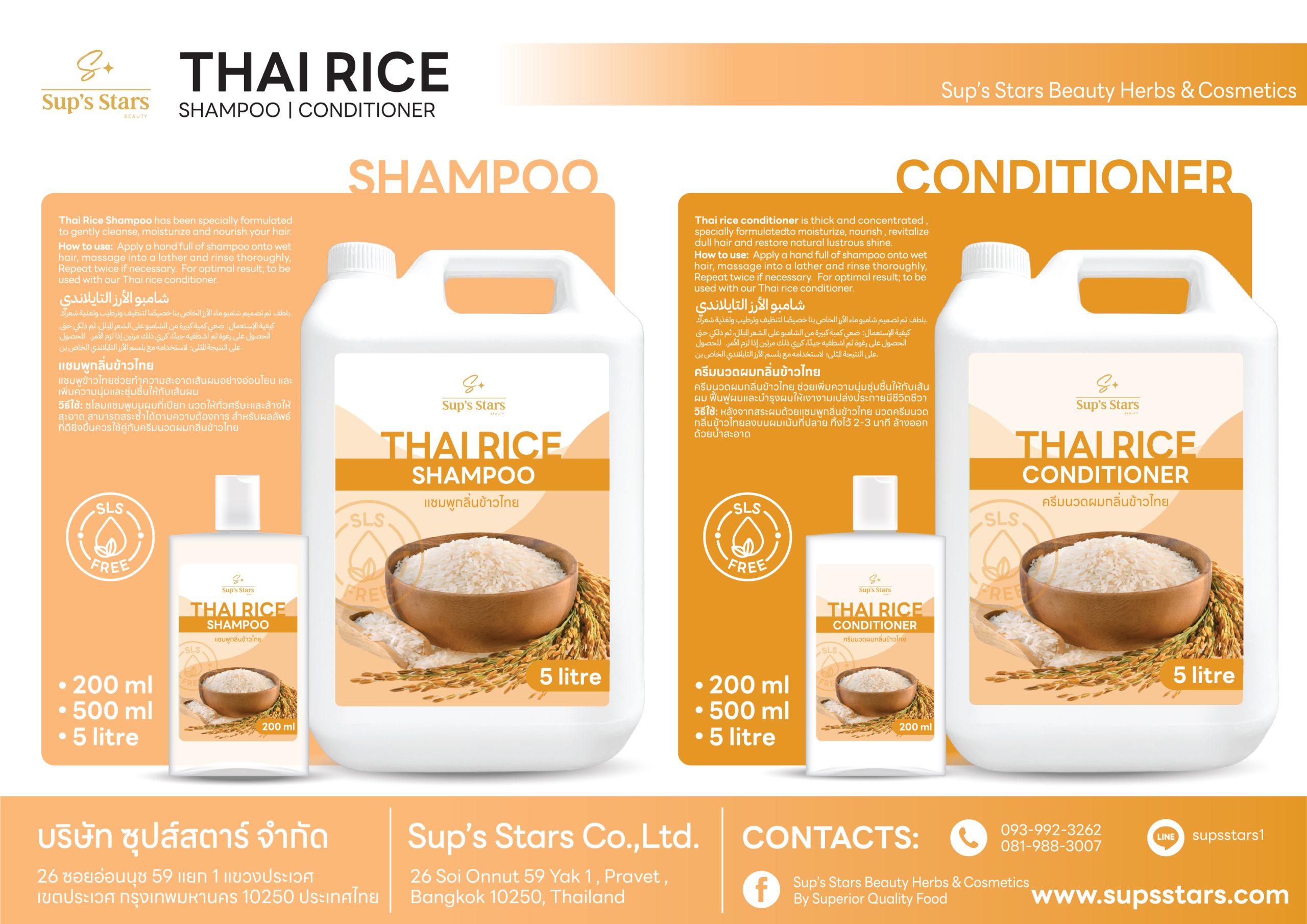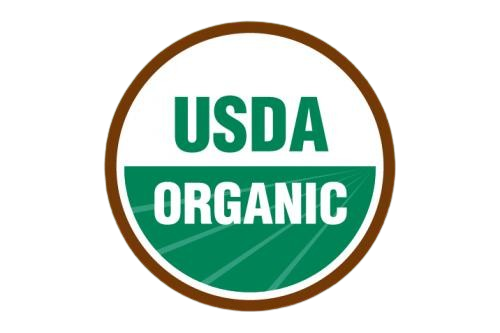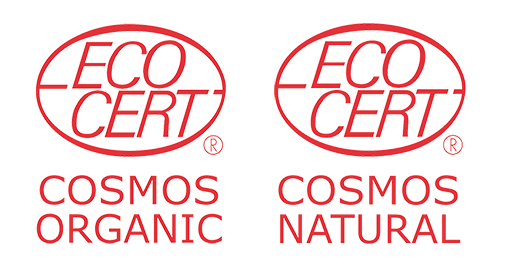Elevate Your Hair Care Routine with Natural Shampoo and Conditioners

Choose Natural Shampoo & Conditioners ?
In today’s world, many hair care products are packed with harsh chemicals that can strip your hair of its natural oils, leading to damage and dryness. Our natural shampoos and conditioners are carefully crafted with nutrient-rich ingredients to gently cleanse and nourish your hair, promoting a healthy scalp and shiny, resilient locks.
In a market flooded with synthetic hair care products, it’s easy to overlook the long-term effects that harsh chemicals can have on your hair and scalp. Ingredients like sulfates, parabens, and artificial fragrances may provide temporary shine but often lead to dryness, irritation, and weakened hair over time. Our natural shampoos and conditioners are a refreshing alternative, made with botanical ingredients like aloe vera, coconut oil, and avocado to gently cleanse and deeply nourish. This ensures your hair remains soft, hydrated, and naturally vibrant, free from the damage caused by chemical-laden formulas.
Key Differences Between Natural and Regular Shampoos / Conditioners
Gentle, Chemical-Free Cleansing vs. Harsh Chemicals
- Conventional Products : Most regular shampoos use sulfates (such as SLS) to create lather. These are harsh detergents that can strip the scalp of essential oils, causing dryness, irritation, and hair brittleness.
- Natural Products : Our shampoos are sulfate-free, using gentle, plant-based cleansers like coconut-derived ingredients. They clean without stripping your hair’s natural moisture, leaving it hydrated and balanced.
Conventional Products vs. Natural Products
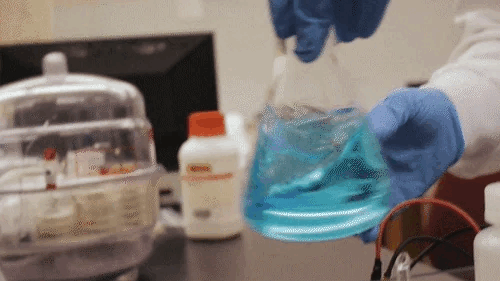
Conventional Products:
- Silicones for Temporary Shine: Provide instant smoothness but create a short-lived effect and surface buildup.
- Buildup Blocking Moisture: Accumulate on hair and scalp, preventing hydration absorption and leading to dullness.
Natural Products:
- Deep Hydration: Ingredients like aloe vera and avocado oil penetrate deeply to nourish and hydrate from within.
- Long-Term Hair Health: Promote resilience and natural vibrancy without harmful residues or chemicals.
Certifications for Organic Products
To ensure that skincare products are truly organic, they should have certifications from recognized bodies:
- USDA Organic Certification: Guarantees that the product contains at least 95% organic ingredients and follows stringent farming and manufacturing practices.
- Ecocert Certification: Confirms that the product meets the standards for natural and organic ingredients, including environmentally-friendly practices.
- COSMOS Certification: Ensures that the product complies with high standards for organic and natural cosmetics, covering everything from ingredient sourcing to manufacturing.
- ISO 16128: Provides guidelines on natural and organic cosmetic ingredient content, helping manufacturers and consumers identify truly organic products.
Trends in Natural & Organic Shampoo
- Ingredient Transparency: Consumers demand clear labeling of ingredients, focusing on natural, non-toxic components.
- Sulfate-Free & Paraben-Free Formulas: Increasing preference for shampoos without harmful chemicals like sulfates, parabens, and silicones.
- Plant-Based & Vegan Formulations: Growing demand for plant-derived ingredients, cruelty-free, and vegan-certified products.
- Sustainable & Eco-Friendly Packaging: Brands are shifting to biodegradable, recyclable, or refillable packaging to reduce environmental impact.
- Focus on Scalp Health: Products promoting scalp health using natural ingredients like tea tree oil, aloe vera, and witch hazel are gaining popularity.
- Minimalist Formulas: Shampoos with fewer, cleaner ingredients designed to be gentle and effective.
- Customizable & Personalized Products: Brands are offering personalized formulations based on hair type, texture, and specific concerns.
- Waterless & Solid Shampoo Bars: Solid shampoo bars and waterless formulations are becoming popular for sustainability and convenience.
- Natural Fragrances & Essential Oils: There is a shift toward using essential oils for scent instead of synthetic fragrances.
- Holistic Wellness: Shampoos with adaptogens, botanicals, and herbs aimed at promoting overall wellness and stress relief are trending.
- Organic Certification: Consumers increasingly look for certified organic products to ensure authenticity and quality.
- Focus on Sensitive Skin: Brands are creating hypoallergenic and dermatologist-tested options for sensitive skin and scalp.
Generational Preferences for Organic Shampoo
Understanding the preferences of different age groups can help in tailoring marketing strategies and expanding market reach:
- Gen Z (Born 1997-2012): This generation values sustainability and ethical practices. They prefer cruelty-free, vegan, and environmentally friendly products. They are influenced by digital marketing and social media, making online presence crucial.
- Millennials (Born 1981-1996): Millennials are leading the organic movement and are interested in products that offer long-term health benefits. They look for products with natural ingredients and anti-aging properties. Highlighting these benefits can attract this demographic.
- Gen X (Born 1965-1980): Gen X consumers are gradually shifting towards organic products due to concerns about synthetic chemicals. They value effectiveness and safety in skincare. Educational marketing and clear product benefits can engage this group.
- Baby Boomers (Born 1946-1964): Baby Boomers are seeking simple, effective skincare solutions that are gentle on mature skin. Emphasizing the safety and efficacy of organic products can appeal to this generation.
Market Expansion Opportunities
To expand your market, consider the following strategies:
- Leverage Digital Marketing: Use social media, influencer partnerships, and targeted online ads to reach younger audiences.
- Emphasize Sustainability: Promote eco-friendly practices and packaging to attract environmentally-conscious consumers.
- Offer Customization: Provide personalized skincare solutions to meet individual needs and preferences.
- Communicate Clearly: Ensure that the benefits of your products are well-explained and accessible to all consumers, highlighting both health and environmental advantages.
Conclusion
To expand your market, consider the following strategies:
- Leverage Digital Marketing: Use social media, influencer partnerships, and targeted online ads to reach younger audiences.
- Emphasize Sustainability: Promote eco-friendly practices and packaging to attract environmentally-conscious consumers.
- Offer Customization: Provide personalized skincare solutions to meet individual needs and preferences.
- Communicate Clearly: Ensure that the benefits of your products are well-explained and accessible to all consumers, highlighting both health and environmental advantages.
